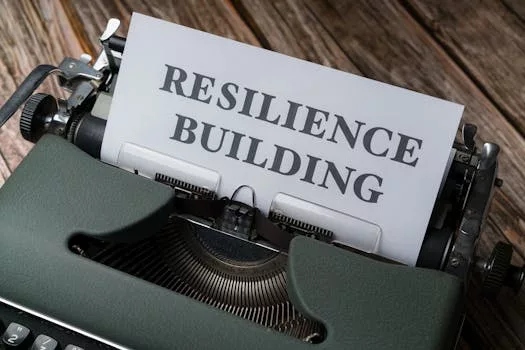
Understanding Mental Health: Common Disorders and Effective Coping Strategies
Takeaways: Mental health is crucial for overall well-being. Common disorders include anxiety, depression, and bipolar disorder. Effective coping strategies can significantly improve mental health. Awareness and understanding are key to reducing stigma and promoting help-seeking behaviors.
Mental health awareness is essential in today’s fast-paced world. With increasing stressors from daily life, understanding mental health disorders and implementing coping strategies is vital for emotional and psychological well-being. In this article, we will explore common mental health disorders and effective strategies to cope with them.
Common Mental Health Disorders

Anxiety Disorders
Anxiety disorders are characterized by excessive fear or worry. They include various conditions such as Generalized Anxiety Disorder (GAD), Social Anxiety Disorder, and Panic Disorder. Symptoms may include restlessness, fatigue, difficulty concentrating, and physical symptoms like increased heart rate.
Depression
Depression is a pervasive mood disorder that affects how individuals feel, think, and handle daily activities. Symptoms include persistent sadness, loss of interest in activities, changes in appetite, and thoughts of death or suicide. Depression can significantly impact one’s quality of life and requires attention and care.
Bipolar Disorder
Bipolar disorder is marked by extreme mood swings, including emotional highs (mania or hypomania) and lows (depression). Individuals may experience changes in energy, activity levels, and the ability to think clearly. Early diagnosis and treatment can help manage the symptoms effectively.
Post-Traumatic Stress Disorder (PTSD)
PTSD can develop after experiencing or witnessing a traumatic event. Symptoms may include flashbacks, nightmares, severe anxiety, and uncontrollable thoughts about the event. Treatment often involves therapy and medication.
Obsessive-Compulsive Disorder (OCD)
OCD is characterized by unwanted, intrusive thoughts (obsessions) and repetitive behaviors (compulsions). Individuals may feel compelled to perform certain rituals to alleviate anxiety related to their obsessions. Treatment usually involves therapy and sometimes medication.
Coping Strategies for Mental Health

1. Mindfulness and Meditation
Practicing mindfulness and meditation can significantly reduce anxiety and improve focus. Mindfulness involves being present in the moment, while meditation helps calm the mind. Regular practice can enhance emotional regulation and decrease stress levels.
2. Physical Activity
Engaging in regular physical activity has been shown to reduce symptoms of anxiety and depression. Exercise releases endorphins, which are natural mood lifters. Aim for at least 30 minutes of moderate exercise most days of the week.
3. Healthy Eating
A balanced diet plays a crucial role in mental health. Consuming nutrient-rich foods can improve mood and energy levels. Foods rich in omega-3 fatty acids, antioxidants, and vitamins are particularly beneficial for mental well-being.
4. Social Support
Building and maintaining strong social connections can provide emotional support and reduce feelings of loneliness. Reach out to friends, family, or support groups to share experiences and feelings.
5. Professional Help
Seeking help from mental health professionals is vital for managing mental health disorders. Therapy options such as Cognitive Behavioral Therapy (CBT), psychotherapy, or medication can be effective in treating symptoms and improving quality of life.
Conclusion




